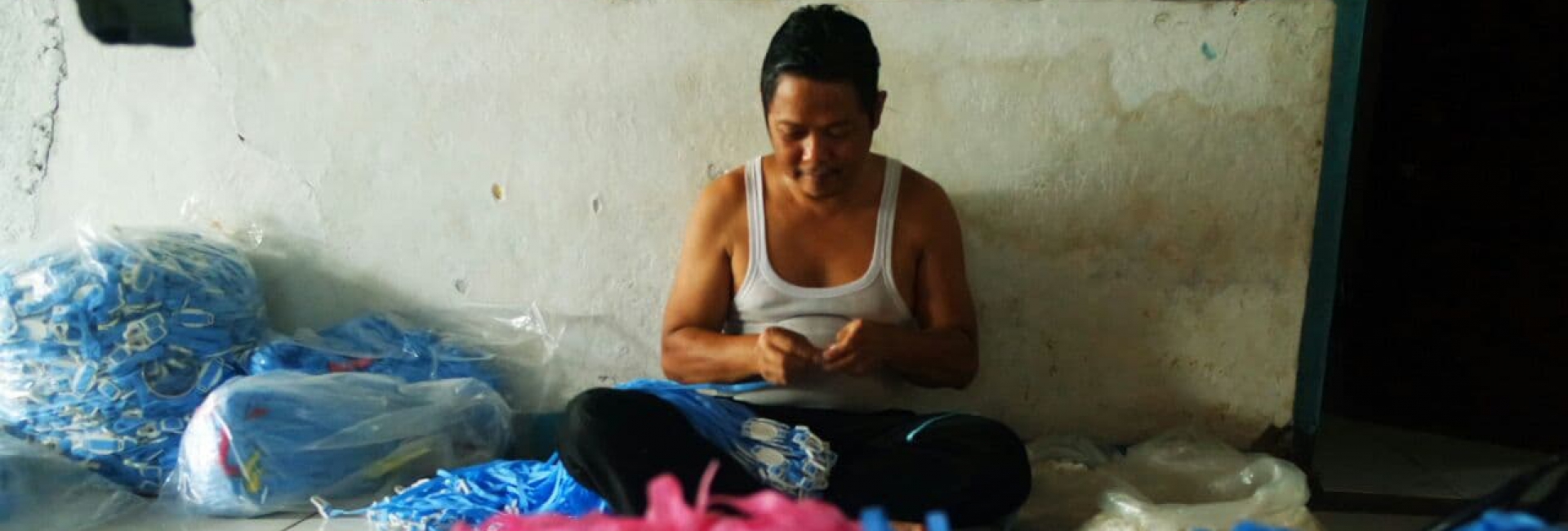What can the government do to help micro- and small-scale enterprises (MSEs) affected by COVID-19 pandemic? Here are the recommendations from SMERU.
The government needs to provide assistance/incentive for MSEs. Consequently, there needs to be a single MSEs database which can be integrated with the Integrated Social Welfare Data (DTKS). With such data integration, the assistance/incentive will reach the target beneficiaries, namely MSEs run by the poor.
The data collection to set up a single MSEs database should be done as soon as possible. The database is necessary as a source of data for both regular and special programs rolled out when an economic shock occurs.
As the database is not yet available, SMERU recommends that the targeting of MSEs use data from Statistics Indonesia (BPS) and/or obtained through e-commerce platforms, such as GoFood (Gojek Indonesia), GrabFood (Grab Indonesia), Shopee Indonesia, and Tokopedia.
Using the data, the assistance can be distributed under several scenarios.
- Reduce the cuts that MSEs have to pay to the e-commerce platform. Currently, all sellers must deposit 20% of their total sales. This regulation needs to be amended at least temporarily. The percentage of the cuts should be made in levels, taking into consideration the business’ turnover or scale.
- Expand access to loans and reduce the burdens of loan installments for MSEs by moving back the payment deadlines until the situation improves.
- Give temporary assistance/incentives to MSEs in the form of reduction of electricity bills (postpaid) and discounts (prepaid). To lessen MSEs’ burden and to increase people’s purchasing power, the government should lower the price of gasoline.
- Ensure the availability of production inputs, such as raw materials, so that MSEs’ operational activities are not significantly disrupted and they can return to their normal production level as soon as possible.
- Expand tax incentives to sectors that MSEs are engaged in, such as services, trades, and transportation.
- Formulate clear regulations related to the deadlines of payment of contracts to MSEs, such as a catering business, by medium and and big enterprises.
On-time payment can accelerate capital turnover, expand the flow of resource distribution, and increase the intensity of interaction at the input market chain. This regulation can start from the levels of the government and state-owned enterprises (BUMN). For the long run, there needs to be a regulation like this, which targets the business world at large.




